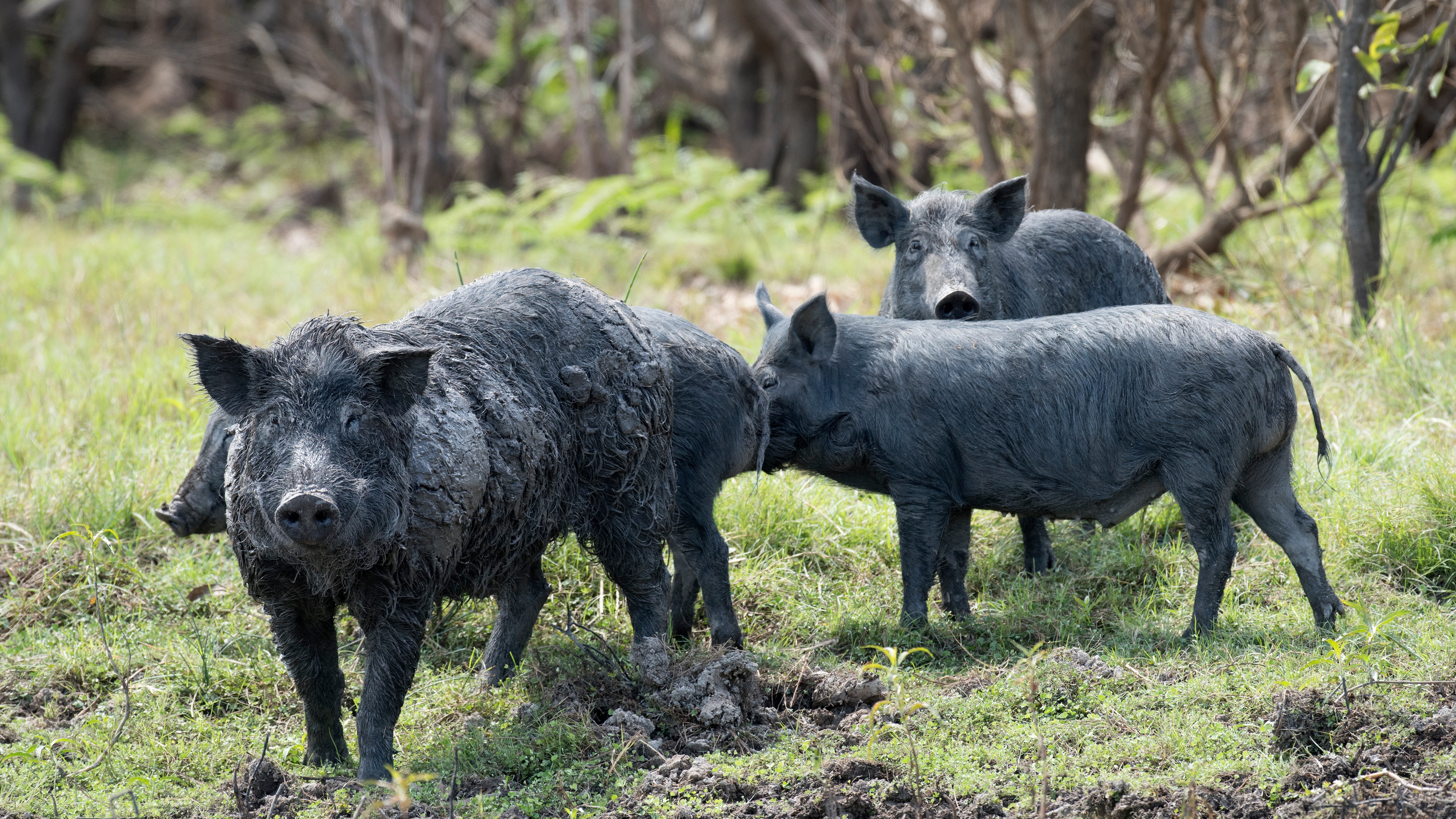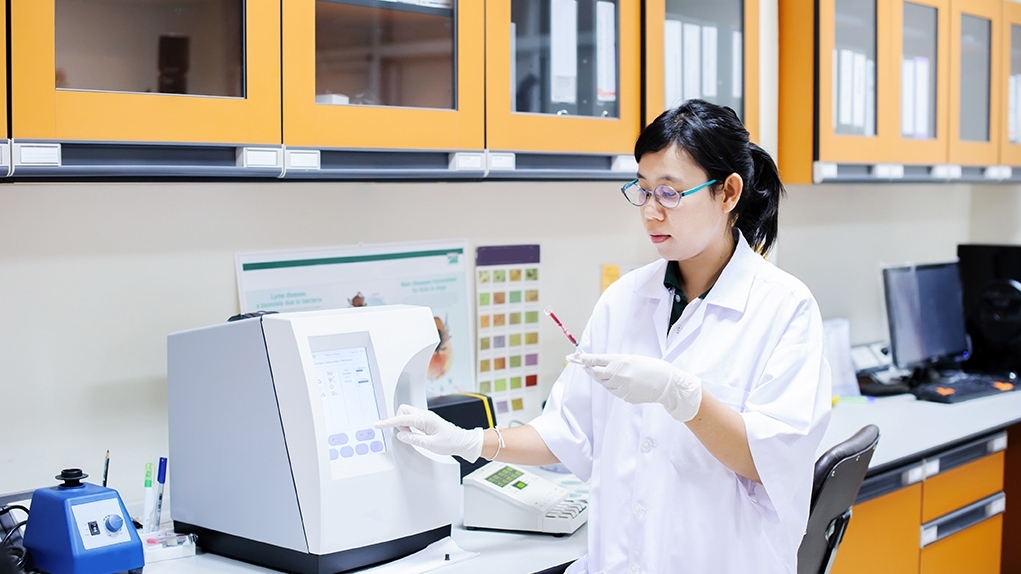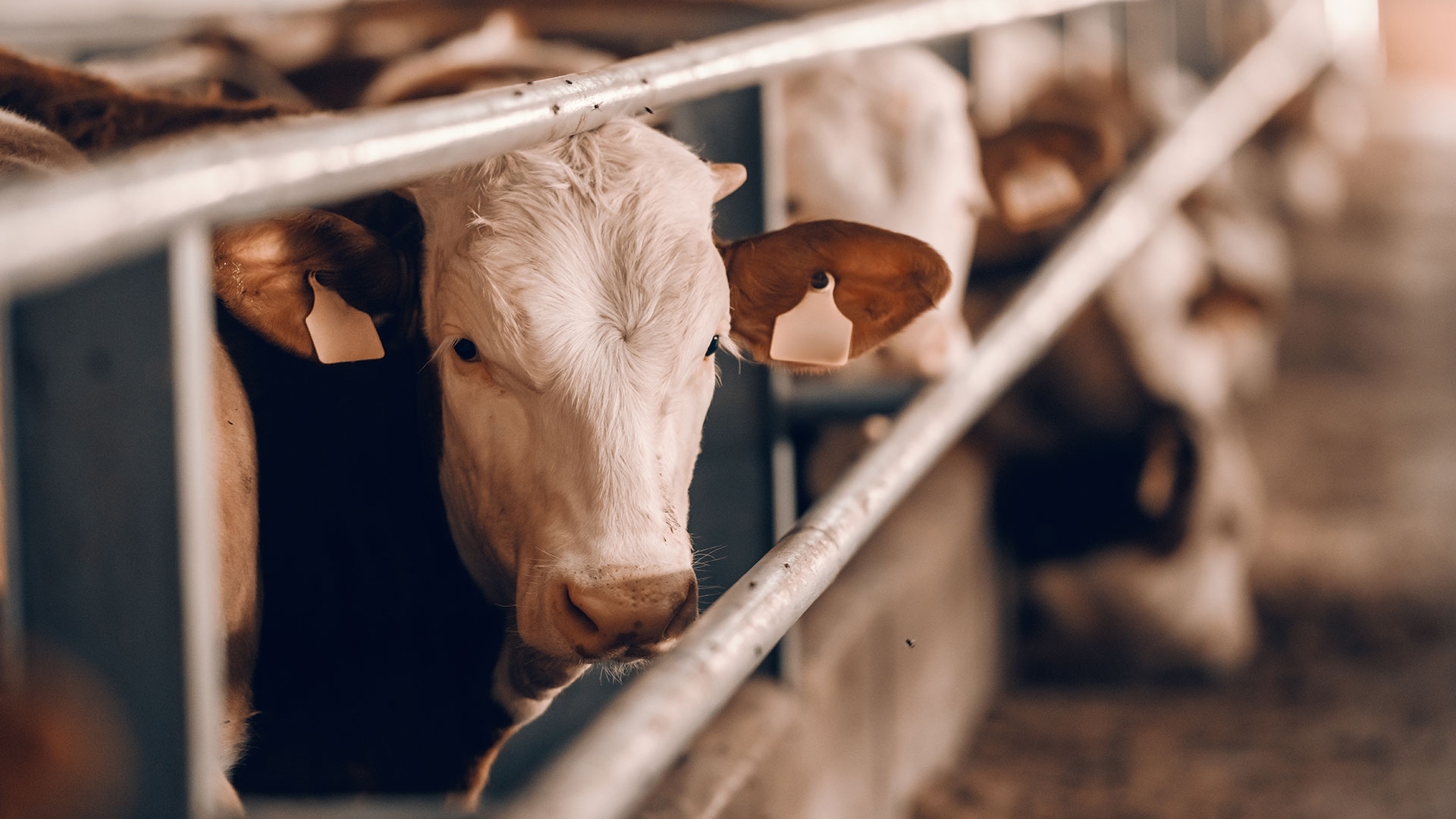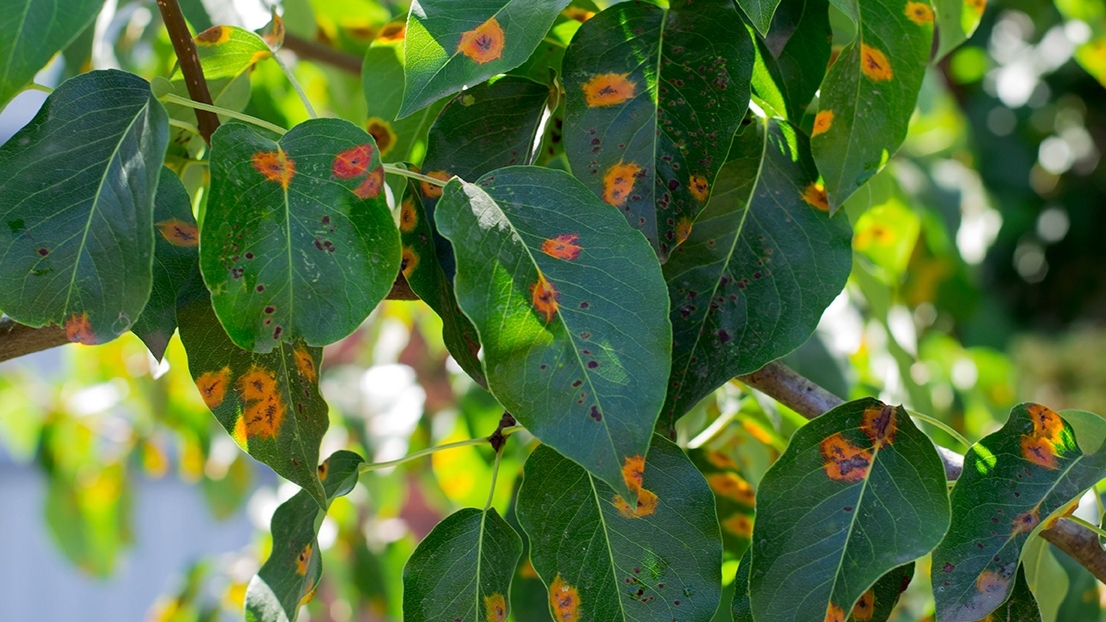Farm Bill
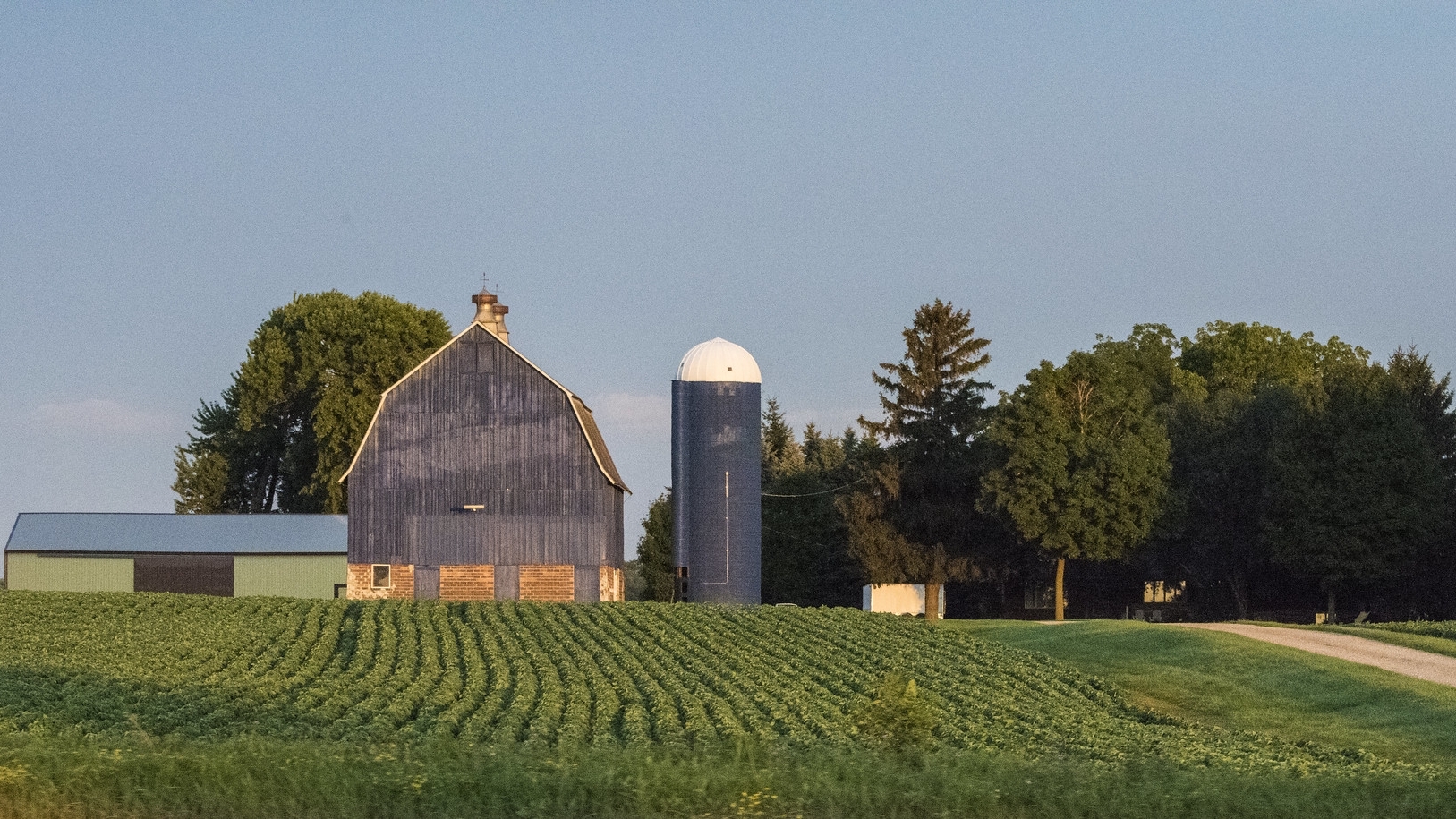
The Farm Bill, a comprehensive piece of legislation, has outlined U.S. agricultural and food policies for nearly 100 years. Every 5 years, Congress develops and passes a Farm Bill to strengthen wide-ranging programs, including disaster assistance, international trade, crop insurance, conservation, and other crucial areas.
With a framework of support, the Farm Bill enables APHIS to start, maintain, and expand programs as well as distribute funds to farmers, producers, cooperators, and Tribal nations—all to help protect our Nation's agricultural resources.
2018 Farm Bill At-A-Glance
The 2018 Farm Bill created several new APHIS programs that benefit the Nation’s farmers and ranchers. Specifically, it:
- Provided funding to start the National Animal Vaccine and Veterinary Countermeasures Bank and the National Animal Disease Preparedness and Response Program
- Expanded funding for the National Animal Health Laboratory Network
- Provided $75 million for a joint feral swine eradication and control pilot program administered by NRCS and APHIS.
- Required APHIS to develop a list of animal and plant pests and diseases representing the gravest threat to U.S. agriculture and comprehensive strategic response plans to ensure that Federal and State governments are prepared to address them
APHIS Programs and Initiatives Started by Farm Bills
Since 2008, Farm Bills have started, expanded, and made permanent several APHIS programs.
Funding for the Feral Swine Eradication and Control Pilot Program is split between APHIS and USDA’s Natural Resources Conservation Service. Together, we are developing projects that build on APHIS’ existing feral swine damage management program in those States where feral swine populations are the highest or most dense.
Through the National Animal Disease Preparedness and Response Program, APHIS offers funding to States, Tribes, producer organizations, universities, and others nationwide for projects that help them implement biosecurity measures, enhance their ability to quickly detect and control disease outbreaks, and put in place mechanisms to ensure an effective and efficient emergency response.
The National Animal Health Laboratory Network is a nationally coordinated network of Federal, State, and university laboratories. These laboratories provide veterinary diagnostic testing to detect foreign animal diseases and other biological threats to the nation’s food animals, thus protecting animal health, public health, and the U.S. food supply.
For high consequence animal diseases like foot-and-mouth disease, it's important to have an effective insurance policy in the event of an outbreak. The new U.S.-only vaccine bank—a concept APHIS officials have long discussed with stakeholders and industry—allows APHIS to stockpile animal vaccine and related products to use in the event of an outbreak of foot-and-mouth disease or other serious foreign animal diseases.
The National Clean Plant Network provides high quality asexually propagated plant material tested for targeted plant pathogens and pests to protect the environment and ensure the global competitiveness of specialty crop producers.
Through the Plant Pest and Disease Management and Disaster Prevention Program, APHIS provides funding to strengthen and safeguard the Nation’s agricultural infrastructure and prevent, detect, and mitigate invasive plant pests and diseases.


